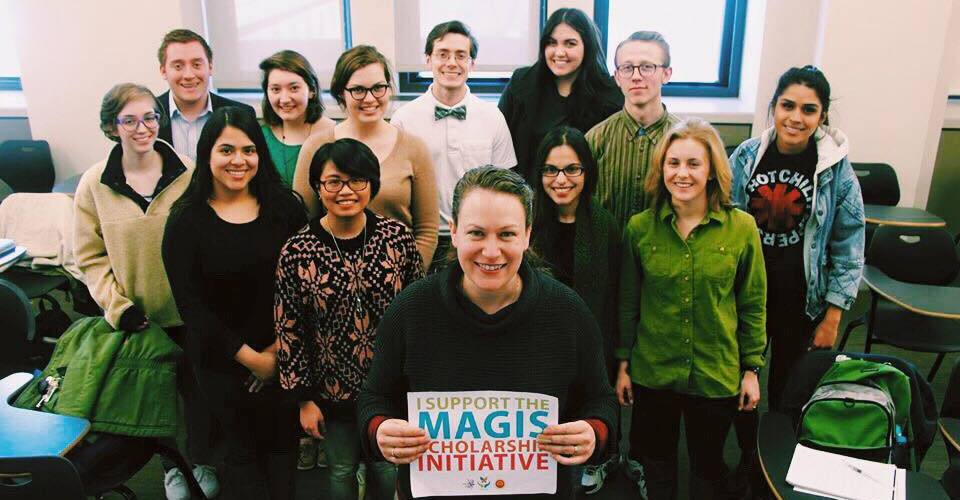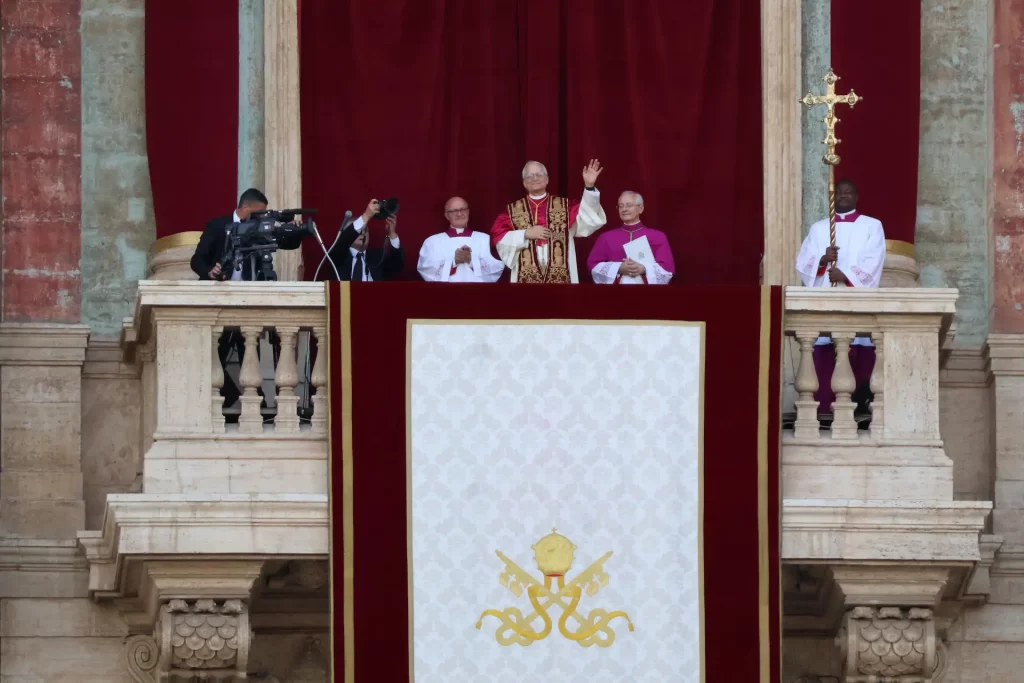Loyola University Chicago and its Board of Trustees have approved the implementation of the Magis Scholarship Fund, a student-led initiative to support undocumented undergraduate students in the United States. The Board of Trustees finance committee voted unanimously earlier this month to approve the initiative, which will raise approximately USD 50,000 each academic year.
In spring 2015, the undergraduate student body voted to support their undocumented peers by adding an individual USD 2.50 student fee each semester to support the fund. The initiative, which was organised by the Student Government of Loyola Chicago and the Latin American Student Organization, starts this spring when the inaugural scholarship will be awarded to an undergraduate student (or students) for use during the 2016 to 2017 academic year.
The university has also received generous support from Don Graham, chairman and CEO of Graham Holdings Company and founder of TheDream.US, who has given USD 50,000 to the University to match the student body’s fundraising efforts.
“As students at a Jesuit university, we recognise that our personal development is shared among one another,” said student Flavio Bravo, one of the student leaders involved in the initiative. “The undergraduate student body has demonstrated its commitment to supporting our undocumented peers, and the doors are open for alumni, community leaders, faculty, and staff to do the same. It is our hope that our efforts will inspire others to help the scholarship grow.”
The Magis Scholarship Fund is the latest effort in the University’s ongoing commitment to support undocumented students. Last autumn, the University awarded five full scholarships to Deferred Action for Childhood Arrivals (DACA) students, which covers tuition and room and board. The scholarships are renewable for three additional years, ensuring the recipients that they will be able to focus solely on their education during their time at Loyola.
“As a Catholic, Jesuit institution, we have a responsibility to do more for our students, specifically those who are marginalised in our communities,” said Interim President John P Pelissero PhD. “We are committed to living out our mission through tangible acts of service and institutional change. The implementation of these scholarship programmes is one way we are showing our commitment to students, regardless of their status.”
Earlier this year, the university also opened Arrupe College of Loyola University Chicago, a unique two-year college committed to providing a quality education to motivated students with limited financial resources and an interest in transferring to a four-year institution. Currently, there are 35 undocumented students enrolled at the college (total enrolment is 158), and though they are unable to apply for federal financial aid, they are eligible to receive Arrupe scholarships. Each student benefits from the college’s commitment to maximising opportunities for academic success while leaving students with little to no debt.
At the graduate level, in 2014, Loyola’s Stritch School of Medicine became the first medical school in the United States to accept and admit qualified students with DACA status. The school currently has 14 DACA-status students in its first-year medical class and six in its second-year medical class. [Ignatian Solidarity Network]
Related story: First Jesuit community college
Photo caption: LUC faculty express their support for the Magis Scholarship Fund.







